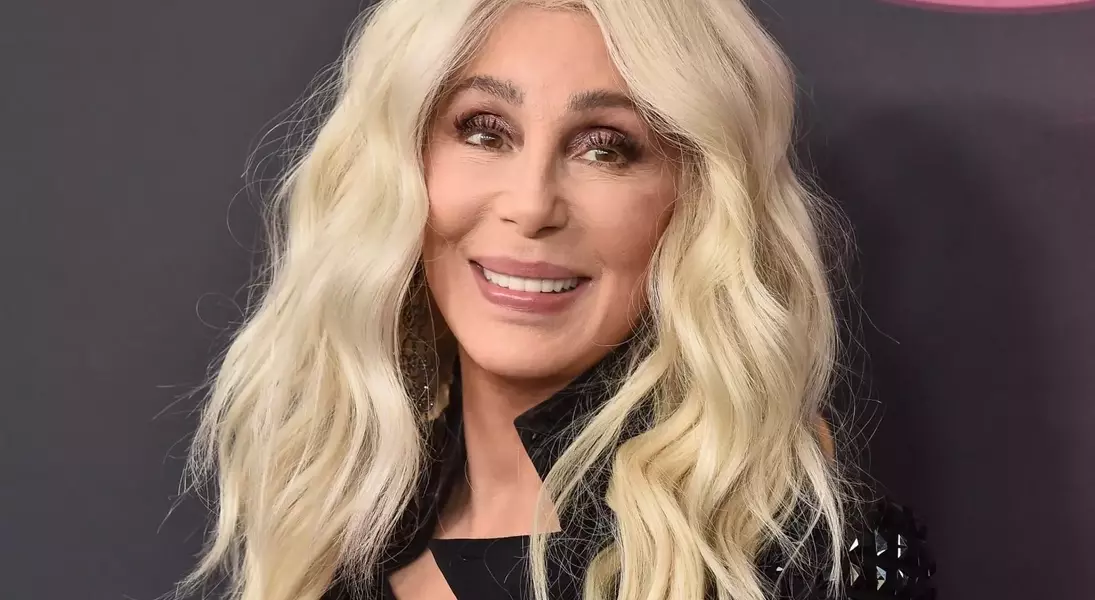
A renowned music icon has stepped forward to champion the rights of elephants housed at a major metropolitan zoo. Cher, known globally for her artistic contributions, is now advocating on behalf of two elephants, Billy and Tina, urging their relocation from the Los Angeles Zoo to a true sanctuary rather than another zoo facility. Her efforts highlight the importance of providing these animals with natural environments that ensure peace and dignity in their remaining years. This movement also emphasizes the broader issue of wild animal captivity and calls for a more compassionate approach towards wildlife.
The controversy revolves around the planned transfer of these elephants to Tulsa Zoo, which Cher argues does not meet sanctuary standards. Legal actions have been initiated to prevent this move and explore genuine sanctuary options instead. Cher’s intervention underscores the necessity of sanctuaries that offer expansive landscapes and freedom from public display, contrasting sharply with traditional zoo enclosures. Her advocacy exemplifies the growing global awareness regarding ethical treatment of captive wildlife.
The Case Against Relocation
Cher's formal declaration against relocating Billy and Tina to Tulsa Zoo hinges on the argument that such facilities fail to provide the humane conditions necessary for these elephants. She contends that the elephants deserve an environment where they can experience peace and dignity, something traditional zoos cannot offer. Her extensive advocacy over the past 15 years demonstrates her commitment to ensuring that Billy and other similar cases receive appropriate care through genuine sanctuaries.
This initiative stems from Cher's firsthand experiences witnessing successful relocations like Kaavan's journey from Pakistan to Cambodia. Her charity Free the Wild has showcased how proper sanctuaries can significantly enhance the quality of life for captive elephants. By filing a formal declaration, Cher aims to halt any moves until suitable sanctuary alternatives are thoroughly explored. The legal challenge she supports accuses the LA Zoo of misleading statements about the proposed destination being a "preserve," thereby questioning the integrity of their intentions. This case highlights the critical need for transparency and accountability in decisions affecting captive wildlife.
Promoting Compassionate Alternatives
Cher's advocacy extends beyond just stopping the relocation; it seeks to establish a precedent for humane treatment of all captive wildlife. Sanctuaries represent a crucial alternative offering expansive landscapes, natural terrains, and freedom from public display. These attributes align perfectly with what Billy and Tina require after enduring decades of confinement under suboptimal conditions. Her plea resonates deeply within movements striving to end exploitation of wild animals as mere entertainment spectacles.
To achieve this vision, Cher urges the implementation of temporary restraining orders allowing time for exploration of viable sanctuary solutions. Such measures would enable thorough consideration by relevant authorities including the Los Angeles City Council. Public support plays a pivotal role here—by signing petitions, supporting independent media platforms focused on environmental issues, adopting sustainable practices like reducing meat consumption or shopping ethically, individuals contribute meaningfully towards creating better futures for voiceless creatures like Billy and Tina. Ultimately, promoting sanctuaries signifies progress toward recognizing intrinsic worth beyond utility value assigned traditionally to wild animals held in captivity.
